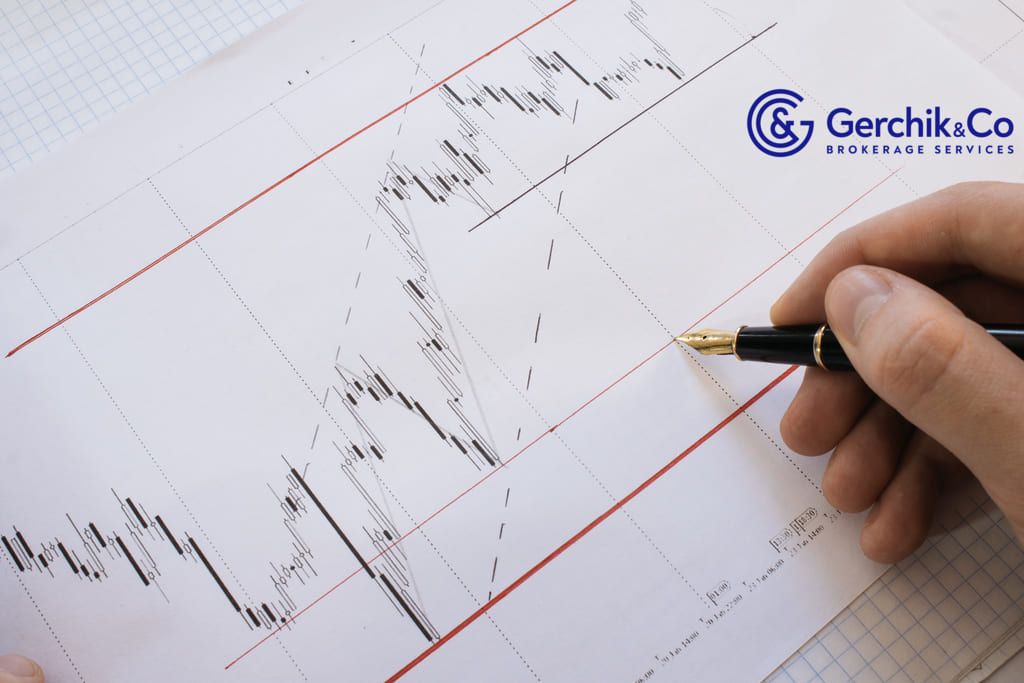
As the newbies embark upon the trading path for the first time, they often wonder what instruments to choose and trade. In today’s article, we are going to make a brief overview of the key instruments of the financial market, their advantages and features.
This will help you make an informed decision about whether or not to add particular assets to your trading list in order to achieve your profit goals and ensure security.
1. Global financial market and instruments: what to choose to make money with
2. Forex instruments: chance to make round-the-clock profits
3. Stock CFDs: investment instruments of the financial market
4. What are the CFDs, and what are their advantages
5. Commodities: Make money with gold and oil
6. Cryptocurrency is a new but very popular financial instrument
7. Let’s Sum Up
As you probably already know, there are several types of financial markets. These are currency, stock, and commodity markets. Plus, the cryptocurrency market has emerged fairly recently, attracting a growing number of investors.
Typically, the newcomers get started with currency pairs. The brokers provide plenty of options to choose from and make a stable profit with. That being said, it doesn’t mean that you have to focus on these only. For instance, Gerchik & Co offers 370+ trading instruments which include currency pairs, CFDs on stocks, commodities, cryptocurrencies, ETFs and stock indices. We shall briefly cover their features below so keep on reading.

Let’s start with currency pairs as we begin to explore instruments of the financial market. Currency pairs are divided into majors and minors, or so-called cross rates. Last but not least, there is a separate group of exotic pairs.
Majors are currency pairs that involve the U.S. dollar, whereas cross rates don’t. Exotic pairs are the ones that include currencies that are not typically used for settlements (e.g. the Mexican Peso or the Norwegian Krone).
It's important to factor in the trading instrument’s disadvantages which are more of its features.
Today, a growing number of brokerage companies provide their clients with stock CFD options. Essentially, you can gain access to the stocks of the American and European markets without having to open an account with stock brokers.
For starters, CFD or contract for difference is a trading instrument which follows the price movements of the underlying asset (e.g. a stock). With CFDs, you can make speculative profits but essentially you do not become the owner of the stock itself.
The trading terminal at Gerchik & Co provides access to nine commodities. They include three CFDs on commodities and six CFDs on metals. Gold and oil remain the most popular assets for trading.
Only the laziest person hasn’t googled how to make money with oil in March 2020. Meanwhile, the traders didn’t only follow the sensational news but profited from the drop in oil prices, as well as their subsequent recovery.
Even though the cryptocurrency market has started gaining popularity over the past three years, demand for it has spiked in the trading community. Against the backdrop of these developments, the majority of forex brokers have added major cryptocurrency pairs to their lists of available trading instruments.
Pairs with Bitcoin, Ethereum, Ripple and Litecoin are now available for trading. For the purpose of diversification, it makes sense to make them a part of your trading portfolio. They also allow for technical analysis. That being said, keep in mind that there are certain aspects that make cryptocurrency trading a bit tricky.
These include inability to evaluate the fundamental impact on these assets, the cost of Bitcoin itself (which hits $10,000 per coin for the second year in a row) and a limited number of instruments suitable for trading.
A newbie trader has access to several hundred financial assets, each of which can be profit-generating. There are forex financial instruments, stock CFDs, commodities, cryptocurrencies, stock indices and ETFs to choose from. Despite the urge to give each one a try, having so many options can still be intimidating.
So, here’s the advice for the newbies: start small, move from simple to complex and trade the instruments you actually understand. Do not try to cover everything at once. With just three or five assets, you can trade profitably and consistently in the financial markets.